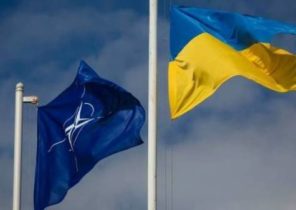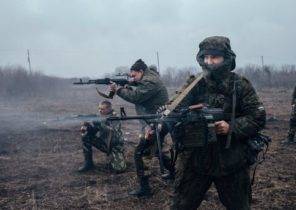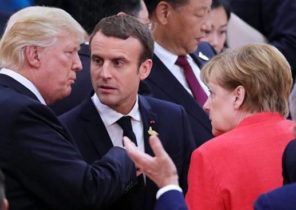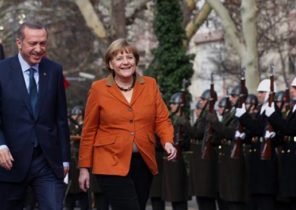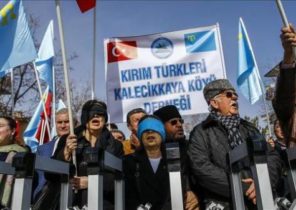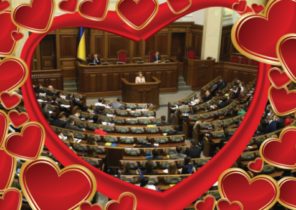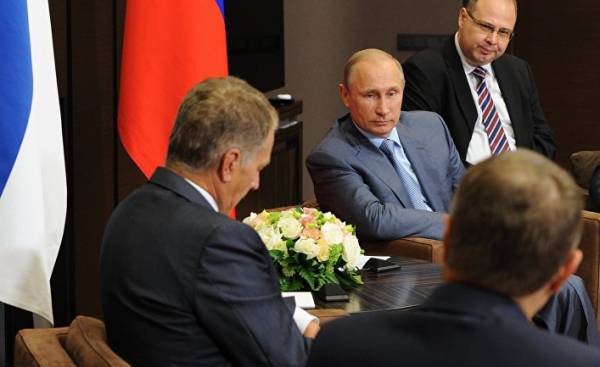
Life next door to Russia — a permanent challenge for Finland. Finland is the best neighbour Russia. However, this merit belongs only to Finland. We were able to observe in the fall of 2015, when Russia without provocation from the Finnish side violated the then existing order of the border.
The border between Finland and Russia has the longest border of Russia with the European Union and the most technically advanced section of the Russian border. After the collapse of the Soviet Union the border was open, and, if desired, the citizens of both countries could cross, despite the current visa requirements.
The relations of Finland and Russia was formed long enough. Following the transfer of the territory of a full-scale evacuation of the population became a unique solution in the historical context. Thanks to this, Finland has avoided problems irredenta. Finland has no unresolved border issue. In the transferred territories Finland still represented in historical and archaeological terms.
In the canonized language of the Soviet Union, Finland was defined as “a friendly country” — not “brotherly country”, what are were part of the Soviet state. Finland has achieved its goal which was stated in the introduction to the Agreement on friendship, cooperation and mutual assistance of 1948: “the desire of Finland to remain aloof from a conflict between the interests of the great powers.”
It was built on the policy of Finland’s neutrality, which Moscow was unable to accept. However, Finland has found its place as one of the neutral and does not belong to any Union of European countries.
Relations with the Soviet Union were difficult, but although Finland had to bend to politics, its economic system and social system proved to be quite durable. Finland became rich thanks to trade relations with the Soviet Union because the terms of trade consistent with rules of the market economy.
In the postwar years, income from trade with the Soviet Union accounted for approximately 15% of foreign trade of Finland. In addition, step by step, Finland has managed to integrate into European structures.
Relations between Russia and Finland are based on the historic compromise. It symbolized wreaths, entrusted the new President of Russia Vladimir Putin in 2001 to the Cross of heroes and the grave of Mannerheim at Hietaniemi military cemetery.
The compromise was a great achievement and at the same time the endpoint of a particular stage of development. Compromise was the condition for the painless exit of Finland from the war. Without the ability of the Finnish army to protect its civilians, the hatred has not subsided.
This phenomenon is unusual for Russia’s neighboring countries. The disappearance of a sense of hatred for Russians.
For the Russian leadership Finland is a minor issue. However, the complexity of the relationships is striking. Contact with the leadership of Russia has traditionally been an important foreign policy issue. Especially significant this issue has become, when relations between the West and Russia became strained.
The visit of President Sauli Niinistö (Sauli Niinistö) is in Sochi to meet with Putin in August 2014, was designed precisely in order to strengthen the dialogue with the President of Russia. Trip includes risks. The President of Finland went to Russia as the main representative of the EU to discuss the war in Ukraine, which led to the split between EU and Russia. After Sochi, Niinisto went to Kiev the President of Ukraine Petro Poroshenko.
After his visit in Sochi, Niinisto met several times with Putin and talked to him on the phone. In June 2016, Putin was on a visit at the residence of the Finnish President and the Kultaranta is going to come to Finland in the summer of 2017. Niinistö will pay reciprocal visit to Russia. Poroshenko was on a visit to Finland in January 2017.
Maintain dialogue with Russia in the interests of the EU and Finland.
Nyberg, Rene (René Nyberg) — Ambassador extraordinary and Plenipotentiary of Finland in Russia in 2000-2004
